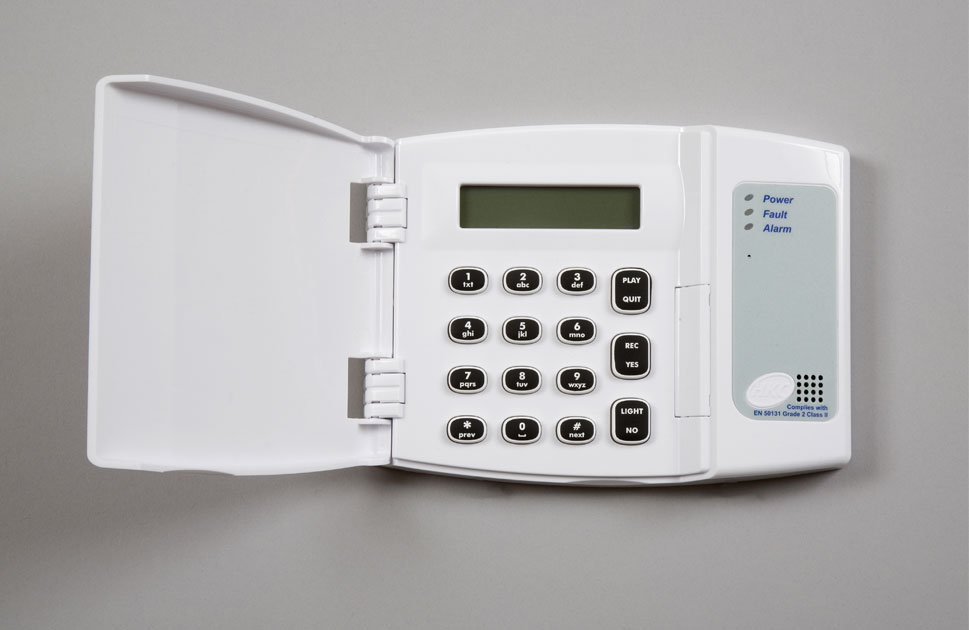In today’s world, security is a top priority for homes, businesses, and public spaces. One of the most reliable and effective ways to ensure safety is by installing a cctv systems. For beginners, understanding CCTV kits and their importance can be a bit overwhelming. In this guide, we will break down the basics of CCTV kits, how they work, and why they are essential for protecting your property.
What are CCTV Kits?
A CCTV kit is a complete surveillance package that includes everything you need to set up a security camera system. These kits typically come with cameras, a recording device (Digital Video Recorder or Network Video Recorder), cables, power adapters, and sometimes accessories like mounting brackets. With a CCTV kit, you can monitor and record video footage of your property, giving you peace of mind.
CCTV kits vary in size, capabilities, and complexity, but they all have one thing in common: they provide a practical solution to monitor and secure your premises.
Components of a CCTV Kit
Understanding the key components of a CCTV kit will help you make an informed decision when choosing the right system for your needs:
- Cameras: The heart of any CCTV system, cameras capture video footage. There are various types of cameras, such as dome cameras, bullet cameras, and PTZ cameras (Pan-Tilt-Zoom), each with unique features suited for different environments.
- DVR/NVR: The Digital Video Recorder (DVR) or Network Video Recorder (NVR) is used to store the video footage. DVRs are used for analog systems, while NVRs are used for IP-based cameras. The footage can be accessed remotely, allowing you to monitor your property from anywhere.
- Cables and Connectors: Depending on the type of CCTV kit, cables are used to connect the cameras to the recorder. For analog systems, coaxial cables are common, while IP cameras use Ethernet cables.
- Power Supply: CCTV kits require a power source to run the cameras and recording devices. Some kits include Power over Ethernet (PoE) to simplify installation, as both power and data are transmitted through a single Ethernet cable.
- Monitor/Viewing Device: To view the footage, you’ll need a monitor, a computer, or a smartphone. Many CCTV kits come with the option to view live footage via apps or web browsers.
Types of CCTV Kits
CCTV kits come in different configurations to cater to various security needs:
- Wired CCTV Kits: These kits require physical cables to connect the cameras to the recording device. While they may require more effort to install, wired systems tend to be more reliable and offer better video quality.
- Wireless CCTV Kits: These kits use Wi-Fi to transmit video footage, making them easier to install. They are perfect for areas where running cables is difficult. However, they may have limitations in terms of video quality or connectivity.
- IP CCTV Kits: These are digital camera systems that connect to the internet. IP systems provide higher resolution footage and can be accessed remotely via smartphones, tablets, or computers.
Why are CCTV Kits Important?
CCTV kits play a critical role in enhancing the security of your property. Here’s why they are essential:
- Crime Prevention: Visible CCTV cameras act as a deterrent to potential criminals. When burglars see a security system in place, they are less likely to target the property.
- Remote Monitoring: With modern CCTV kits, you can monitor your property remotely. Whether you are at home, at work, or on vacation, you can view live footage from your cameras via mobile apps or web browsers.
- Evidence Collection: In the event of a crime or accident, CCTV footage can provide invaluable evidence. Recorded video can help identify criminals or clarify what happened during an incident.
- Peace of Mind: Knowing that your property is under constant surveillance can help you feel secure. CCTV systems provide 24/7 monitoring, offering peace of mind for homeowners and business owners alike.
- Insurance Benefits: Many insurance companies offer discounts to property owners who have installed CCTV systems. Having a surveillance system in place reduces the risk of theft or damage, which can lead to lower premiums.
Choosing the Right CCTV Kit for Your Needs
When selecting a CCTV kit, it’s important to consider the following factors:
- Camera Resolution: Higher resolution cameras provide clearer images. Look for a system with at least 1080p resolution for better clarity.
- Storage Capacity: Ensure that the recorder has enough storage to store video footage for the desired amount of time.
- Number of Cameras: Consider how many cameras you need to cover your property effectively. Kits typically come with anywhere from 1 to 8 cameras.
- Weather Resistance: If you need outdoor cameras, choose models that are weatherproof and designed to withstand the elements.
- Brand Reputation: Trusted brands like Hikvision CCTV kits offer reliable and high-quality systems that are easy to install and maintain.
Conclusion
CCTV kits are a vital part of modern security solutions, providing peace of mind and protection for homes, businesses, and public spaces. By understanding the components, types, and importance of CCTV kits, you can make an informed decision when selecting the right system for your needs. Whether you’re a homeowner looking to protect your property or a business owner wanting to safeguard your assets, investing in a reliable CCTV kit is a wise choice.
For more information on high-quality CCTV kits, including Hikvision CCTV kits, visit CCTV Wise for expert advice and product selection.
